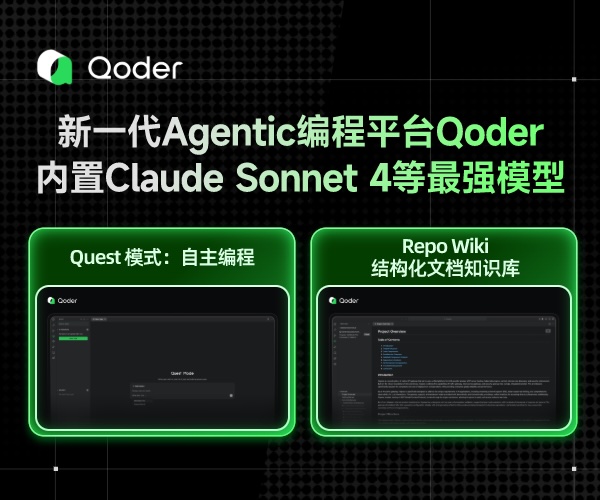Lintcode: Rehashing
The size of the hash table is not determinate at the very beginning. If the total size of keys is too large (e.g. size >= capacity / 10), we should double the size of the hash table and rehash every keys. Say you have a hash table looks like below: size=3, capacity=4 [null, 21->9->null, 14->null, null] The hash function is: int hashcode(int key, int capacity) { return key % capacity; } here we have three numbers, 9, 14 and 21, where 21 and 9 share the same position as they all have the same hashcode 1 (21 % 4 = 9 % 4 = 1). We store them in the hash table by linked list. rehashing this hash table, double the capacity, you will get: size=3, capacity=8 index: 0 1 2 3 4 5 6 7 hash table: [null, 9, null, null, null, 21, 14, null] Given the original hash table, return the new hash table after rehashing . Note For negative integer in hash table, the position can be calculated as follow: In C++/Java, if you directly calculate -4 % 3 you will get -1. You can use function: a % b = (a % b + b) % b to make it is a non negative integer. In Python, you can directly use -1 % 3, you will get 2 automatically. Example Given [null, 21->9->null, 14->null, null], return [null, 9->null, null, null, null, 21->null, 14->null, null]
这道题就是根据条件老老实实的做
1 /** 2 * Definition for ListNode 3 * public class ListNode { 4 * int val; 5 * ListNode next; 6 * ListNode(int x) { 7 * val = x; 8 * next = null; 9 * } 10 * } 11 */ 12 public class Solution { 13 /** 14 * @param hashTable: A list of The first node of linked list 15 * @return: A list of The first node of linked list which have twice size 16 */ 17 public ListNode[] rehashing(ListNode[] hashTable) { 18 // write your code here 19 int oldSize = hashTable.length; 20 int newSize = oldSize * 2; 21 if (hashTable==null || oldSize==0) return null; 22 ListNode[] res = new ListNode[newSize]; 23 for (int i=0; i<oldSize; i++) { 24 if (hashTable[i] != null) rehash(hashTable, res, i); 25 } 26 return res; 27 } 28 29 public void rehash(ListNode[] hashTable, ListNode[] res, int i) { 30 int newSize = res.length; 31 ListNode cur = hashTable[i]; 32 while (cur != null) { 33 int val = cur.val; 34 int newPos = val>=0? val%newSize : (val%newSize+newSize)%newSize; 35 if (res[newPos] == null) res[newPos] = new ListNode(val); 36 else { 37 ListNode temp = res[newPos]; 38 while (temp.next != null) { 39 temp = temp.next; 40 } 41 temp.next = new ListNode(val); 42 } 43 cur = cur.next; 44 } 45 } 46 };



 浙公网安备 33010602011771号
浙公网安备 33010602011771号